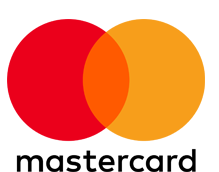Practical applications refer to the use of theoretical concepts and knowledge in real-world situations. They involve taking ideas and principles learned through study and applying them to solve problems, improve processes, or develop new products. Here are a few examples:
Education: In academic settings, students often engage in projects or internships that allow them to apply classroom theories in real-world scenarios.
Business: Companies utilize theoretical frameworks from management and marketing to create strategies that enhance productivity and customer engagement.
Healthcare: Medical professionals apply theoretical knowledge of human anatomy and disease processes to diagnose and treat patients effectively.
Technology: Engineers and developers use scientific principles to create innovative technologies and solve technical problems.






